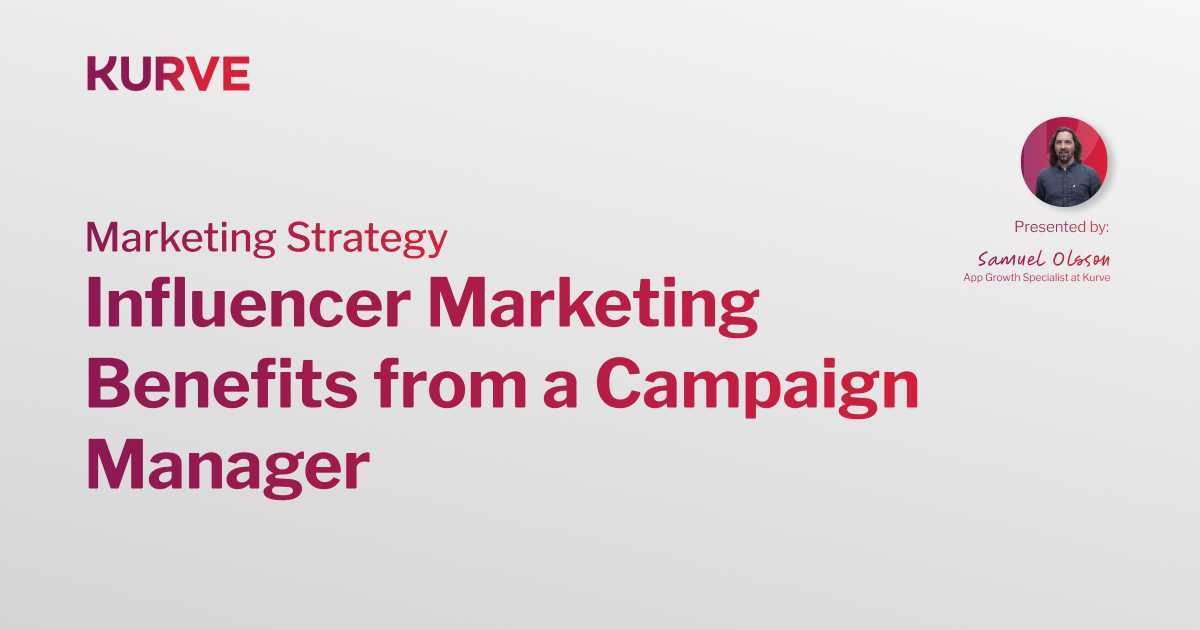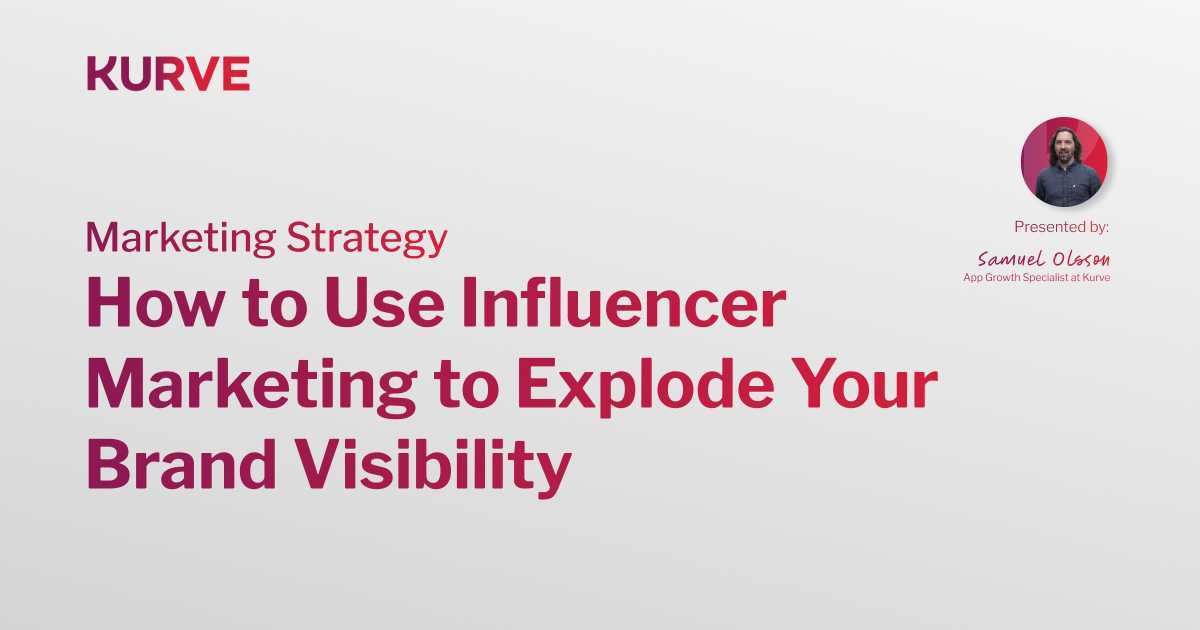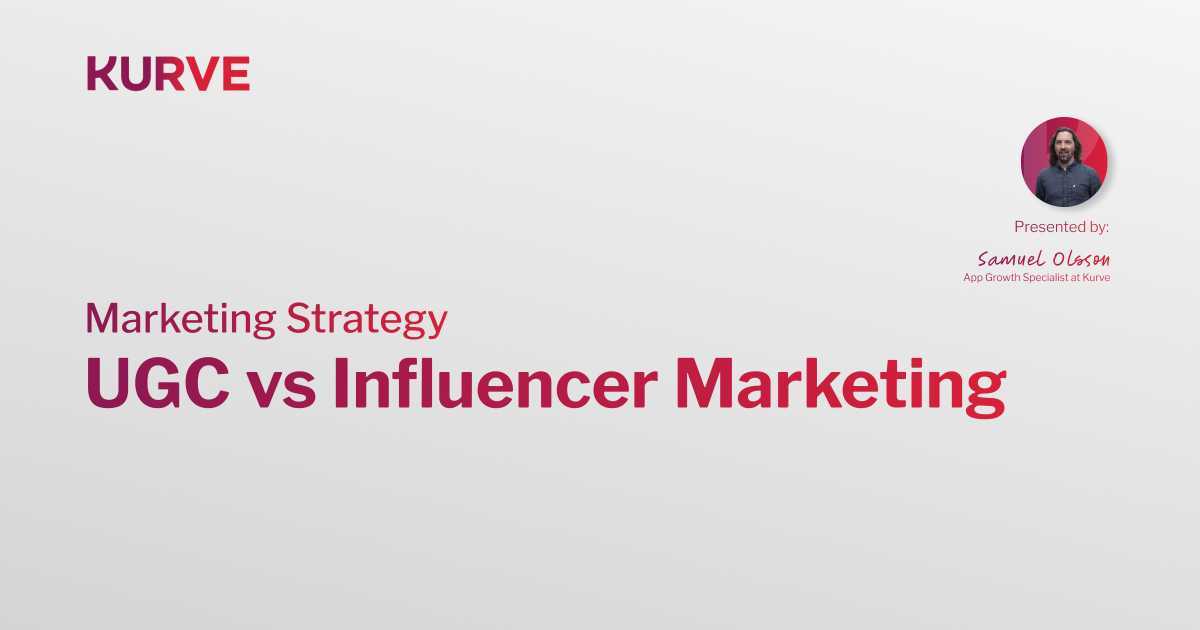Digital Marketing vs Social Media Marketing
When it comes to building a brand in today’s connected world, one debate continues to surface: social media marketing vs digital marketing. While these terms are often used interchangeably, they represent two distinct approaches that serve different purposes in your growth strategy. Understanding how each works and when to use them together can make all the difference between scattered efforts and a focused, ROI-driven marketing plan.
Table of Contents
- What Is Digital Marketing
- Core Components of Digital Marketing
- What Is Social Media Marketing
- Social Media Marketing vs Digital Marketing: Understanding the Difference
- Benefits of Digital Marketing
- Benefits of Social Media Marketing
- Building the Right Balance for Your Brand
- How This Article Can Help App Rankings
- Learn More About Social Media Growth
- Which Is Better for Your Brand
- FAQs
What Is Digital Marketing?
Digital marketing is the umbrella term for all online efforts aimed at promoting products, services, or brands through digital channels. It includes search engine optimisation (SEO), pay-per-click (PPC) advertising, email marketing, content marketing, affiliate partnerships, and of course, social media marketing. The goal is to attract, engage, and convert users through measurable, data-driven strategies.
Core Components of Digital Marketing
- Search Engine Optimisation (SEO): Enhancing website visibility in search results to attract organic traffic.
- Content Marketing: Creating valuable, relevant content that builds trust and drives engagement.
- Email Marketing: Nurturing leads and existing customers through personalised communication.
- Pay-Per-Click Advertising (PPC): Paid campaigns to boost visibility and generate immediate traffic.
- Influencer and Affiliate Marketing: Partnering with credible voices to extend brand reach.
In essence, digital marketing provides a full ecosystem of touchpoints search engines, websites, video platforms, and emails allowing brands to measure impact across the customer journey.
What Is Social Media Marketing?
Social media marketing is a specialised branch of digital marketing focused solely on leveraging social networks such as Facebook, Instagram, LinkedIn, TikTok, and X (formerly Twitter). Its strength lies in engagement: it’s where brands build relationships, shape public perception, and turn followers into communities.
How Social Media Marketing Works
- Content Creation: Developing shareable visuals, videos, and stories that reflect your brand’s voice.
- Community Engagement: Responding to comments, joining conversations, and fostering dialogue with your audience.
- Social Advertising: Running targeted ad campaigns that reach users based on interests, behaviour, and demographics.
- Analytics and Listening: Monitoring metrics and social trends to refine your message and timing.
Unlike other digital tactics, social media marketing thrives on connection and authenticity. It’s not just about pushing products it’s about starting conversations and building trust over time.

Social Media Marketing vs Digital Marketing: Understanding the Difference
While both share common tools and goals, the key difference lies in their scope and intent. Social media marketing vs digital marketing comes down to focus. Social media is a subset of digital marketing it operates within the digital ecosystem but concentrates exclusively on social platforms. Digital marketing, meanwhile, casts a wider net, encompassing everything from SEO to email automation.
Comparing Goals and Metrics
| Aspect | Social Media Marketing | Digital Marketing |
|---|---|---|
| Primary Goal | Brand awareness and engagement | Conversions, revenue, and lead generation |
| Channels Used | Facebook, Instagram, TikTok, LinkedIn, X | Websites, search engines, email, display ads, social media |
| Measurement | Likes, shares, comments, reach | Traffic, conversions, ROI, lead quality |
| Content Style | Visual, conversational, interactive | Informative, persuasive, value-focused |
How They Work Together
The best marketing strategies combine both approaches. Digital marketing establishes your infrastructure and visibility think SEO, website design, and content while social media adds a human layer that builds relationships and drives engagement. Together, they create a flywheel effect where discovery fuels interaction, and interaction leads to conversion.
Example of Integration
Consider how Kurve’s social media management for Bounty demonstrated this synergy. Through precise targeting, strong creative strategy, and integrated analytics, social campaigns supported broader digital initiatives resulting in measurable audience growth and performance insights across channels.
Benefits of Digital Marketing
- Scalable and measurable with clear data attribution
- Broad reach across multiple platforms
- Improves visibility on search engines and websites
- Drives traffic, leads, and sales efficiently
Benefits of Social Media Marketing
- Fosters authentic brand relationships
- Provides instant feedback and real-time interaction
- Enhances brand storytelling and community building
- Amplifies digital marketing efforts with social proof
When to Use Each Strategy
Choose Digital Marketing When:
- You need measurable lead generation and conversions.
- Your focus is on SEO, PPC, or automation-driven growth.
- You want long-term authority in your niche.
Choose Social Media Marketing When:
- Your brand depends on visibility, engagement, or community building.
- You aim to launch campaigns that rely on creative storytelling.
- Your goal is customer interaction and immediate audience insight.
Building the Right Balance for Your Brand
The ideal approach isn’t about choosing one over the other it’s about knowing how to blend both strategically. Digital marketing creates the foundation and funnels; social media adds reach, personality, and resonance. Brands that successfully balance these disciplines tend to outperform competitors in both engagement and ROI.

How This Article Can Help App Rankings
For app-based businesses, understanding social media marketing vs digital marketing is crucial for organic growth. A strong digital marketing framework boosts app visibility on search and ad platforms, while social media engagement increases installs and retention through authentic storytelling. Combining both ensures your app ranks higher across discovery ecosystems, especially when paired with consistent user feedback and review optimisation.
Learn More About Social Media Growth
Explore Kurve’s social media team to discover how strategic campaign design, creative content, and data insights work together to drive measurable business outcomes.
Additional Reading
- HubSpot Marketing Statistics – for up-to-date digital and social media benchmarks.
- Think with Google – insights on how consumers engage across digital channels.
Which Is Better for Your Brand?
Ultimately, both digital and social media marketing are essential to a modern marketing strategy. Digital marketing ensures scalability and structure, while social media builds trust and community. The most successful brands integrate both using data to inform creativity, and creativity to humanise data.
FAQs
1. What is the main difference between social media and digital marketing?
Digital marketing covers all online tactics including SEO, PPC, email, and websites, while social media marketing focuses solely on social networks like Facebook, LinkedIn, and Instagram to build brand engagement.
2. Can a business succeed with only social media marketing?
While social media can drive awareness and engagement, long-term success usually requires broader digital tactics like SEO, website optimisation, and email campaigns to convert that attention into results.
3. Is digital marketing more expensive than social media marketing?
It depends on scope and goals. Social media can start small with organic content, whereas digital marketing may involve multiple channels and tools, requiring higher budgets for analytics, SEO, or PPC.
4. How do these strategies impact ROI?
Digital marketing offers measurable returns through conversions and analytics. Social media contributes indirectly by enhancing brand perception and improving conversion rates through engagement and trust.
5. How often should brands update their digital or social strategies?
Review your strategies quarterly to align with platform changes, audience behaviour, and campaign performance. Continuous optimisation keeps your brand visible and relevant in fast-evolving digital spaces.


